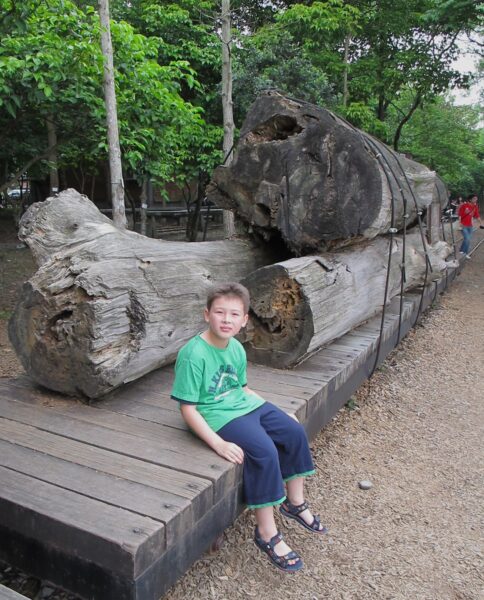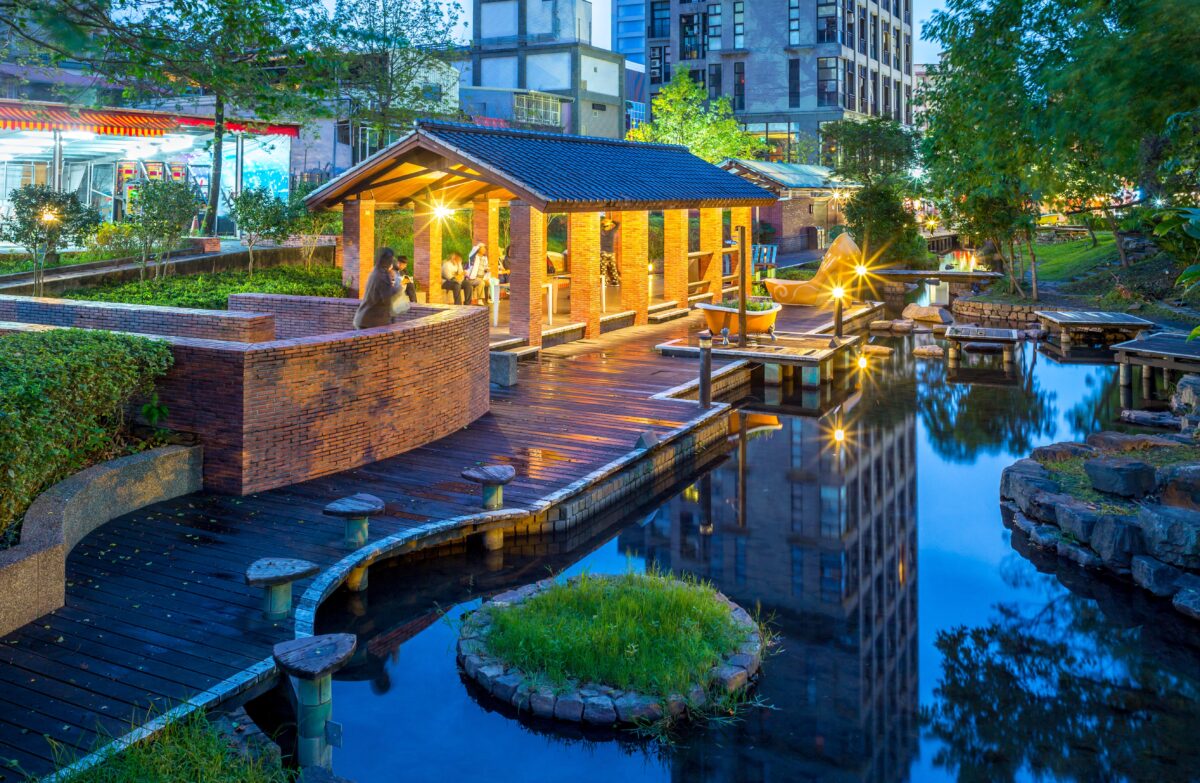Jiaoxi & Yilan | Taiwan
Few places in Taiwan have benefitted more from a single piece of transport infrastructure than Yilan County in the northeast. The completion in 2006 of Freeway 5, the motorway that connects the county with Taipei, brought attractions like the National Centre for Traditional Arts and the King Car Kavalan Distillery within easy day-tripping distance of the capital. One-day tourism has boomed as a result — but Yilan deserves a few days, not a few hours.
Thouse who travel by car or bus from Taipei to Yilan will pass through the 12.9-km (8 miles) long Hsuehshan Tunnel, one of the ten longest road tunnels in the world. Building this shortcut through the mountains took 15 years as tunnelling crews and engineers battled challenging geology and vast amounts of water. Train journeys are less direct but also scenic, passing through Ruifang (the jumping-off point for Jiufen and Jinguashi) before hugging the northeast coast. On the outskirts of Toucheng, the railroad passes within a stone’s throw of Lanyang Museum, which does an excellent job of setting out the region’s history, its people, and their relationship with the land and the ocean.
The second station after Toucheng is Jiaoxi, a town close to the southeastern end of the Hsuehshan Tunnel that’s long been synonymous with its slightly alkaline sodium bicarbonate hot springs. It’s said the trace minerals in these geothermal waters can soften and clean one’s skin, leaving it smoother and healthier.
Hot springs and delicious food
Extremely popular during the November to March cold season, Jiaoxi offers an exceptional range of hot-spring facilities. Amid high-end resorts such as Yamagata Kaku Hotel & Spa, MU Jiaoxi Hotel, and Wellspring by Silks are several very affordable options. And if you’re just passing through, Tangweigou Hot Spring Park is a place where you can soak your feet for free and enjoy the ticklish yet soothing sensation of nibbling fish exfoliating dead skin from your toes and heels! For just NTD80, visitors can have a proper full-body soak in the park’s gender-segregated indoor facilities. No swimsuit is needed but you should bring or rent a towel. The park is a short walk from the railway station and the town’s bus stops. Paid parking for cars is available nearby.
For both overnight stays and a few hours of fun, Jiaoxi’s Chuang-tang Spring Spa Hotel is a favourite with families. Each room has a hot-spring bathtub but many guests prefer the public facilities (open to all ages and genders; swimsuits and swimming caps required). In addition to 18 different pools, there’s a sauna, a slide, and a kids’ water play area. For non-guests, access to these facilities costs NTD380 on weekends and official holidays and NTD290 during the week; students and children get some discounts.
Many people say that when they emerge from a relaxing session in a hot spring, they feel surprisingly hungry. As is true throughout Taiwan, Jiaoxi has plenty of places to eat. If you’d like to soak your feet while slurping up some ramen (Japanese-style noodles served in a thick savoury broth) the town has two eateries where you can do just this. Both also serve local craft beers.
Cultural and historical attractions
Yilan County’s two biggest settlements are the county town, known as Yilan City, and Luodong. Neither has more than 100,000 inhabitants. The former hosts the Taiwan Theatre Museum, which explores Taiwanese opera, Beiguan music, and various forms of puppetry. Performing arts aficianados may also want to spend some time at the National Centre for Traditional Arts, a sprawling complex of stages and displays created to preserve and transmit local customs and art forms. The centre is a few kilometres east of central Luodong, accessible by private vehicle and local bus services.

After the government decreed the end of large-scale logging in Taiwan, the entire site was transformed into a place for eco-tourism and industrial heritage attraction. Bilingual information boards introduce the pond’s aquatic plants and dragonfly and amphibian populations, as well as the human side of the timber business. Several graceful Japanese-style buildings, erected to serve as offices or workers’ dormitories, have been carefully preserved.
The inland township of Yuanshan is notable for hosting the King Car Kavalan Distillery, makers of award-winning whiskies. The malt is imported from Scotland and Finland but every other part of the production process is done right here. English-language tours of the distillery can be arranged in advance; naturally we at Life of Taiwan are more than happy to help with this for travellers booking one of our renowned private guided tours of Taiwan.

